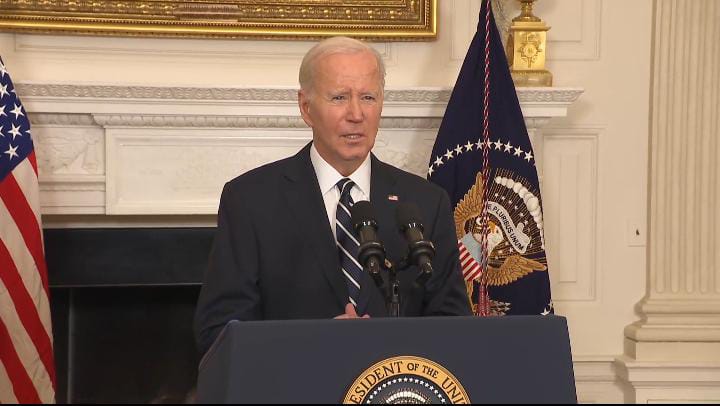President Joe Biden is encountering criticism and skepticism within his own party regarding his ability to secure a second term, as prominent Democrats voice concerns over his campaign strategy and electability.
Following a series of lackluster public appearances and a contentious debate performance, Biden embarked on a concerted effort to bolster his image and rally support among Democratic factions. However, these efforts have reportedly failed to assuage growing unease among party members, who fear that Biden’s candidacy could jeopardize their chances in the upcoming elections.
In recent private conversations and public statements, numerous Democratic lawmakers have expressed apprehension about Biden’s political trajectory. One House Democrat, speaking on condition of anonymity, characterized the ongoing situation as “getting worse,” reflecting widespread anxiety within the party.
The discontent has been exacerbated by Biden’s handling of key engagements, including a critical interview with NBC News’ Lester Holt, where observers noted concerns about the president’s vigor and leadership capabilities. Critics argue that Biden’s performance in such settings has not instilled confidence among undecided voters or staunch supporters alike.
Former House Speaker Nancy Pelosi reportedly conveyed to Biden the stark reality reflected in polling data, suggesting that he might struggle to defeat former President Donald Trump if both were to face off again. This assessment has prompted discussions among party insiders about potential alternatives to Biden’s candidacy, although the president himself remains publicly defiant about his electoral prospects.
Meanwhile, a significant Democratic donor who previously supported Biden’s campaigns has withheld further contributions, citing reservations about the president’s recent public appearances and polling trends.
The internal strife within the Democratic Party has come to a head with calls from several lawmakers urging Biden to reconsider his candidacy. Rep. Adam Schiff of California became the first to publicly call for Biden to step aside, highlighting the growing rift within the party over the president’s leadership.
Despite these challenges, Biden has continued to engage with Democratic leaders and caucus members, albeit with mixed results. Reports indicate that Biden’s interactions with moderate and progressive factions have yielded varying levels of support and criticism, underscoring the complexity of his efforts to unify the party behind his candidacy.
As the Democratic National Committee navigates the dynamics surrounding Biden’s nomination process, scheduled to commence in August, party leaders are grappling with how best to address internal dissent while maintaining a united front heading into the general election.
With less than a year until the presidential election, Biden faces a juncture in his political career, where the decisions made in the coming weeks could reshape the trajectory of the Democratic Party’s campaign strategy and electoral prospects in November.


